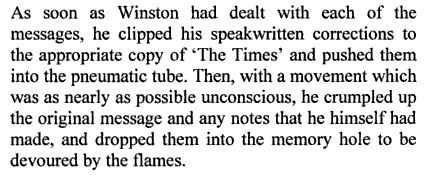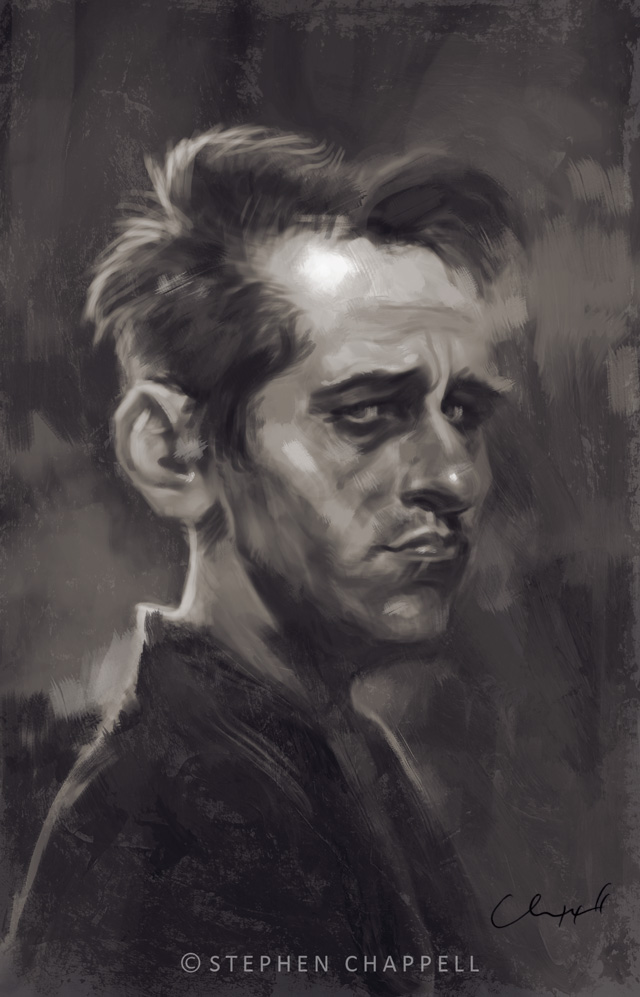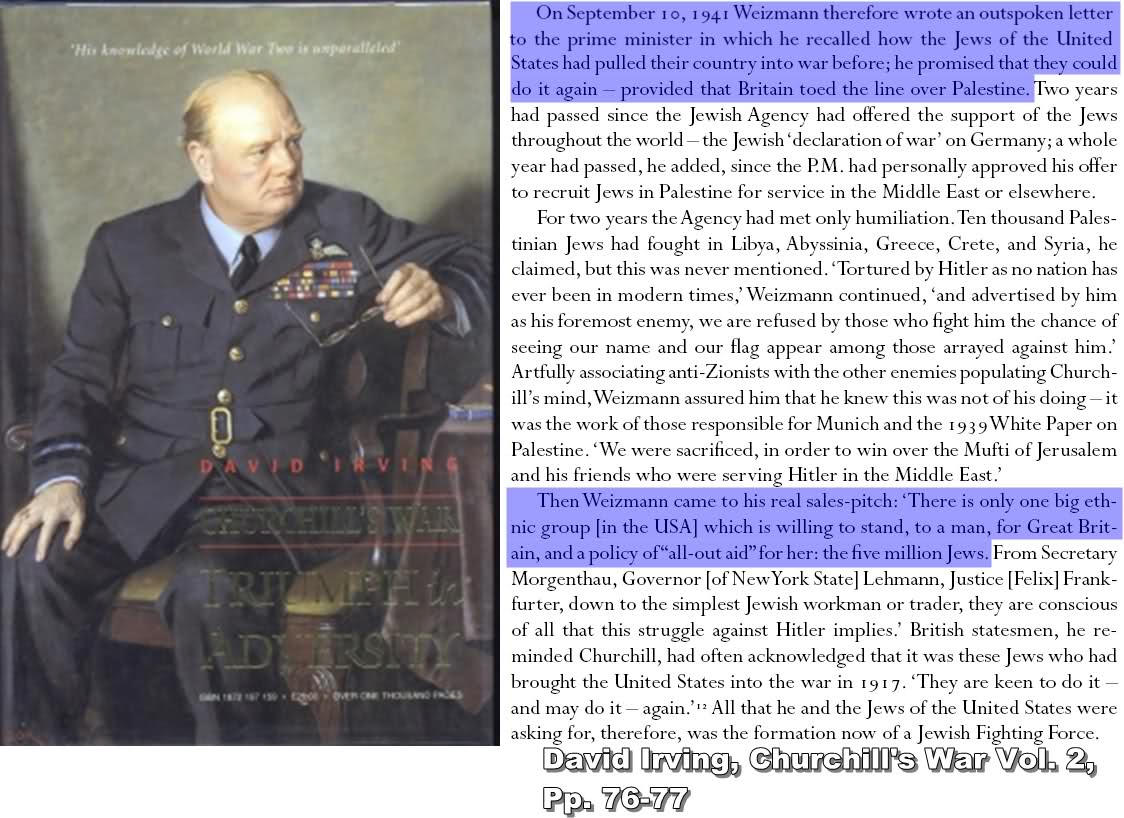

The act of doublethink also occurs in more subtle details.Īs Winston begins writing in the diary, he commits his first overt act of rebellion against the Party he creates a piece of evidence that exists outside himself. The three slogans of the party - "War Is Peace Freedom Is Slavery Ignorance Is Strength" - are obvious examples of doublethink. Doublethink requires using logic against logic or suspending disbelief in the contradiction. Doublethink is the act of holding, simultaneously, two opposite, individually exclusive ideas or opinions and believing in both simultaneously and absolutely. Crucial to manipulating the language and the information individuals receive are doublethink and Newspeak. At the heart of the political orthodoxy that exists is the process of controlling human thought through the manipulation of language and information. The political environment is detailed through Winston's musings, as well as narrative descriptions of specific political entities. Big Brother (both a person and a concept) is introduced very early on in posters that appear in Winston's building bearing the caption "Big Brother Is Watching You." Finally, Emmanuel Goldstein, also, a person and a concept, is introduced during a hate session.

Conversely, Winston feels a certain comradeship with O'Brien, predicated on his secretly held belief that "O'Brien's political orthodoxy was not perfect." Winston developed this impression when he and O'Brien had once exchanged glances. Initially, he sees her as a symbol of social orthodoxy, that is, she possesses "a general clean-mindedness," an enthusiastic adherent to the Party line. Julia, the dark-haired girl from the fiction department (who, in this part, is described but, as yet, unnamed), causes him "to feel a peculiar uneasiness which had fear mixed up in it as well as hostility, whenever she was anywhere near him." Winston suspects her to be a member of the Thought Police.

The other main characters are introduced through Winston's perception of them. The opening image of the work sets the foreboding tone that prevails throughout as the reader is introduced to Winston Smith, the fatalistic protagonist of the novel, on a "cold day in April," when "the clocks were striking thirteen." Immediately, the author depicts a society in decay by describing a setting of "gritty dust," "hallways of boiled cabbage and old rag mats," elevators (the lift) not working, and electrical current that is turned off during daylight hours. He is interrupted by a knock at the door. He continues writing, this time with more substantive material about his feelings on the current environment in which he lives. He also remembers sharing a brief moment with O'Brien, a member of the Inner Party, an encounter in which Winston believes that O'Brien attempted to show solidarity with him against the tyranny of Big Brother. While writing this, he has a memory of a significant happening earlier in the week, in which he was simultaneously attracted to and repelled by a young woman working in his building. In his panic, he begins to write a stream-of-consciousness account of a recent trip to the movies. Winston is stuck by a pang of writer's block when he suddenly realizes that he doesn't know for whom he is writing the diary. He believes he is fortunate because a small corner of his apartment is hidden from the telescreen - a device that allows him to be viewed and heard twenty-four hours a day by the authorities - or Big Brother. Winston pours himself a large drink and sets about to commit an act punishable by death - starting a diary. It is immediately obvious, through Winston's musings, that the political weather of Winston's London is grim and totalitarian. On a bitter April day in London, Oceania, Winston Smith arrives at his small apartment on his lunch break.


 0 kommentar(er)
0 kommentar(er)
